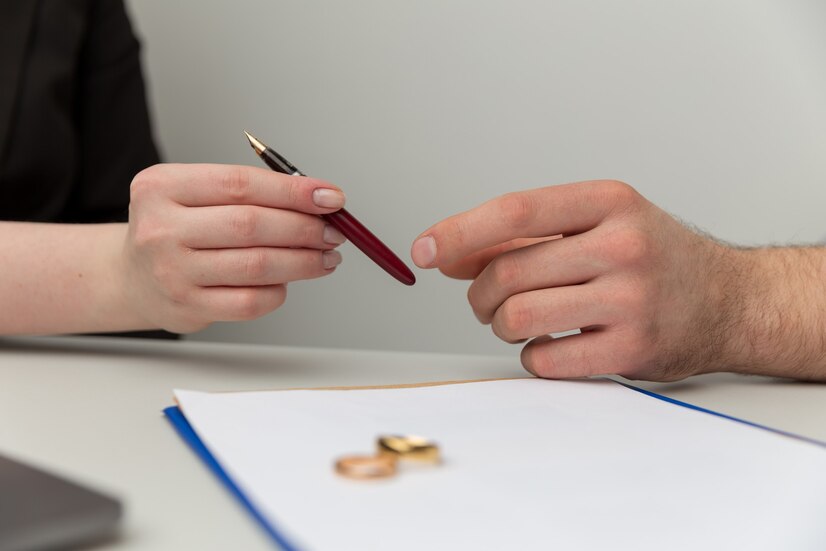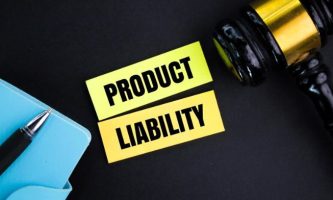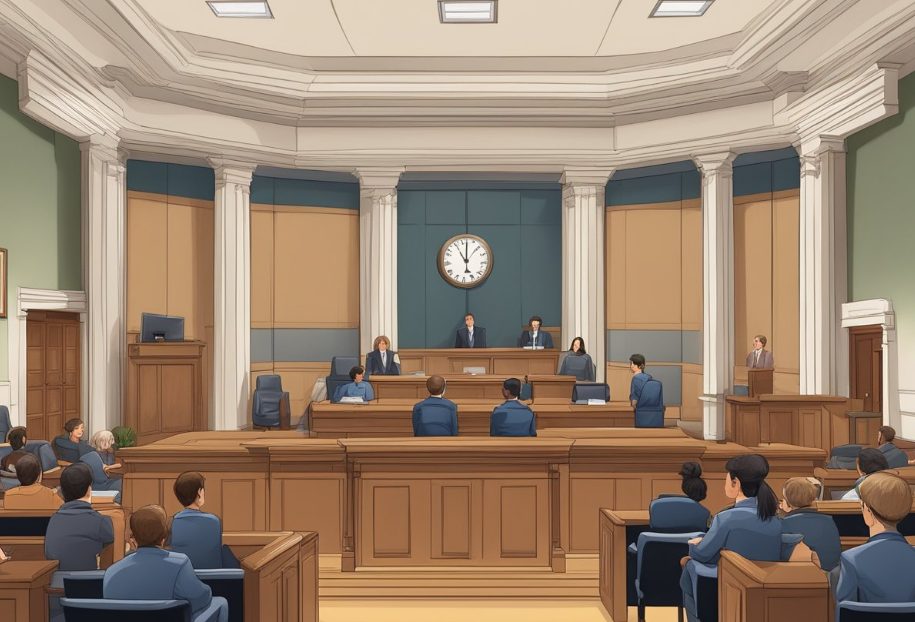Enforcing Prenuptial Agreements: The Legal Process And Challenges

Prenuptial agreements are an essential legal tool for couples to protect their property and explain how they will spend their money together after marriage. However, such agreements are not always enforceable in divorce cases. The legal process of getting a prenuptial agreement enforced can pose some challenges. Below, we discuss prenuptial agreement considerations and aspects that can hamper your ability to to enforce a prenuptial agreement.
The Benefits Of The Prenuptial Agreements
The prenuptial agreements have their own benefits. They are often referred to as the prenups. They are said to serve a vital role in safeguarding the interests of both parties. Here, we discuss some of the benefits of a prenuptial agreement. So, let’s get started with the discussion here.
1. Clarity
Regarding the pre-nuptial agreement, the most important aspect is the financial clarity. After the marriage, both parties must decide on each financial aspect, such as debt, assets, and financial responsibilities. A prenup allows the couple to discuss openly the financial situation. It helps them clarify their expectations. At the same time, this helps them address these issues and reduce misunderstandings.
2. Safeguarding Of Separate Property
Another core benefit of the prenuptial agreement is that it can outline how the assets, income, and debts are divided if the journey ends in divorce. Clarity on the division of property will help provide peace of mind. At the same time, it enables the couples to focus on the emotional aspects of their relationships. This is the problem associated with the separate property.
3. Safeguarding The Interests Of The Business
A prenuptial agreement, for a business owner, can be invaluable. It can safeguard the spouses’ interests. With the help of the prenups, the concerned parties will be able to outline the structure of the ownerships. They help define what happened to the business in the events of the divorce. A prenup assists in maintaining the integrity.
4. Protection From Debt
The prenuptial bonding means sharing the financial responsibilities. But at the same time, it also denotes sharing the debts. The prenuptial bondings help provide peace of mind and financial security. Therefore, talk to the legal experts to learn more about prenuptial bondings. They are highly important from the point of view of addressing the core challenges.
5. Safeguarding Domestic Interests
If the spouse has children (previous relationships), then a prenuptial agreement can assist them in safeguarding their interests. At the same time, it can pinpoint how the assets will be segregated. Ultimately, it ensures that the children’s inheritance remains safe and secure. It is important, particularly when dealing with the dynamics of the families.
Understanding The Legal Validity Of Prenuptial Agreements
A Prenuptial agreement is a legal document that outlines for instance how the property should be split during a divorce. When a prenuptial agreement is to be enforced, there are some legal prerequisites that must be satisfied. An open declaration of property, giving free will with well-informed consent, and a lack of intimidation or persuasion are some of these prerequisites. Any contract can be invalidated if it fails to fulfill these conditions.
Burden Of Proof
It is the person who is seeking to enforce the agreement that bears the burden of proof. It should be shown that the agreement was made in the right manner and that both parties agreed on all its provisions. As a result, meeting such burdens, especially when there are claims like falsehood, duress or non-disclosure, can become complicated.
Common Challenges In Enforcing Prenuptial Agreements
Lack Of Full Disclosure
The claim of insufficient asset disclosures is one of the major issues in enforcing prenuptial agreements. In the case that one party proves that the other person concealed their major valuables or has given incorrect financial information, the court could declare the whole agreement invalid. Consequently, there is a need for both sides to be straightforward with one another to come up with a clear agreement.
Coercion Or Duress
Additionally, if one party can demonstrate that they signed the agreement under duress or coercion (either threat or unfair pressure), a court could invalidate the contract. Both parties must be ready for the agreement and agree to it freely with no manipulation from either side.
Unconscionability
The courts will not honor any prenuptial agreement that would be considered unconscionable due to its unfairness. For instance, the disparate financial strength of parties, lack of lawyers for one side, and highly improper clauses can invalidate an agreement.
The Role Of Legal Representation
One important thing when it comes to enforcing a prenuptial agreement is to seek legal representation. Family law attorneys may guide you through the legal process, gather evidence and argue strongly for enforcement. Legal representation safeguards the due process of the law for the opposing parties and their interests.
Read Also: Choosing a Criminal Defense Law Firm
Mediation And Settlement
Sometimes, parties involved in disputes concerning the enforcement of their prenuptial agreement could opt for mediation and/or settlements. Mediation is a non-adversarial approach to help a couple come up with an agreement that they can both accept. In settlement negotiations, parties may agree on terms out of court, which can be more efficient as well as cost-effective.
Court Proceedings
In cases where mediation or settlement talks break down, the matter regarding the enforcement of a prenuptial will end up in court. Both parties will give evidence on whether the contract complies with legal regulations or not, as well as if there would be problems in the execution of it. Finally, the court will determine whether the evidence conforms to the existing law or not.
Conclusion
It is not an easy thing to enforce a prenuptial agreement. The burden of proof is on the enforcing party. Couples who have decided to separate might be able to go through the process in a smoother way by seeking legal representation and considering other forms of resolution like mediation. Essentially, knowing if a prenuptial agreement is valid in law and if not, it can lead to an agreeable settlement for both parties.
Additional:
- Profitable Business Ideas To Start In UAE
- The Importance Of Keeping Your HR Team Certified
- How To Choose The Right Federal Law Firm For Your Legal Needs













